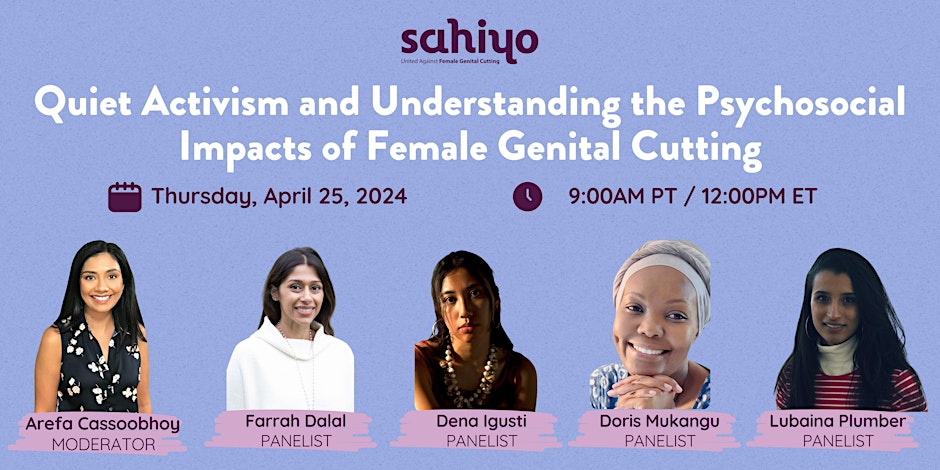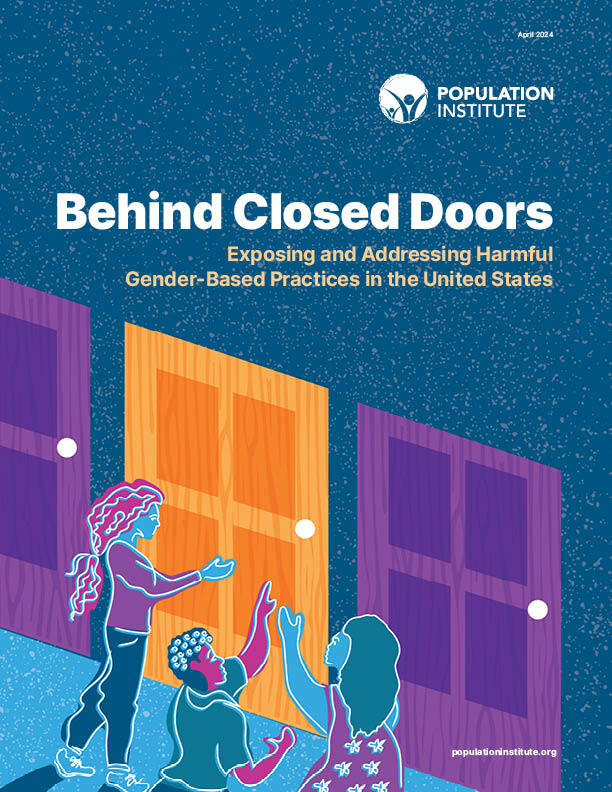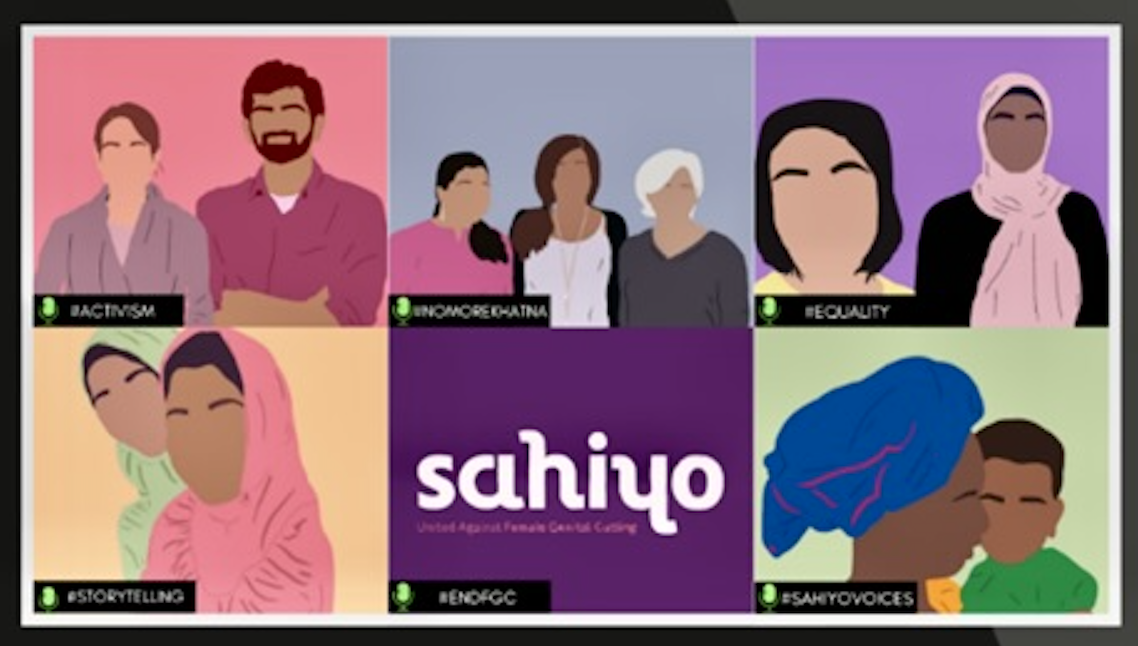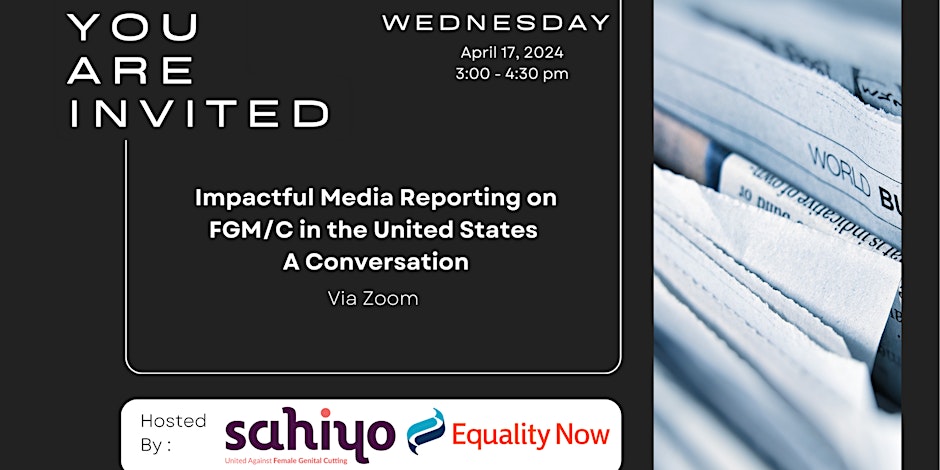On March 27th, we hosted a screening of nine digital stories as part of the 8th cohort of the Voices to End FGM/C program. This gathering showcased the powerful narratives of survivors, allies, and advocates committed to ending female genital mutilation/cutting (FGM/C).
The discussion was moderated by Aries Nuño, Sahiyo’s Training and Technical Assistance Coordinator, Amy Hill from Silence Speaks, and Orchid Pusey from Asian Women’s Shelter, who are from partner organizations in this initiative. We were also joined by Jeniffer Dias and Gugu Makhari, participants from the latest workshop, who were invited to shed more light on their personal stories and continued efforts in addressing FGM/C.
The event was well attended, with about 15 participants engaging deeply with the stories presented. Attendees expressed their appreciation for the storytelling, noting one story as "very powerful and engaging" and another as "beautifully tender and fierce." The authenticity and bravery of the storytellers were frequently highlighted, with one story where it was described that "this practice did not make me a woman, I am doing that," a quote that resonated strongly with the audience. With a few storytellers, whose home country is The Gambia, a conversation was sparked about the government’s current attempt to repeal the ban against FGM/C. Noting the importance that survivors should be driving the narrative given their personal experiences with FGM/C and motivating the changes seen in legislation.
Feedback underscored the event as a warm and welcoming environment where personal and challenging topics could be shared safely. Many thanked the storytellers for their courage and for being "cycle-breakers," changing the future for the next generation of girls.
We are grateful for the continued engagement and support from our community, which fuels our mission to end FGM/C. We look forward to more such impactful events and thank everyone who shared their stories and those who came to listen.
Applications are closing soon for our Voices to End FGM/C 2024 Workshop. To learn more about this opportunity, please visit our website and apply here! Deadline is April 15th.






